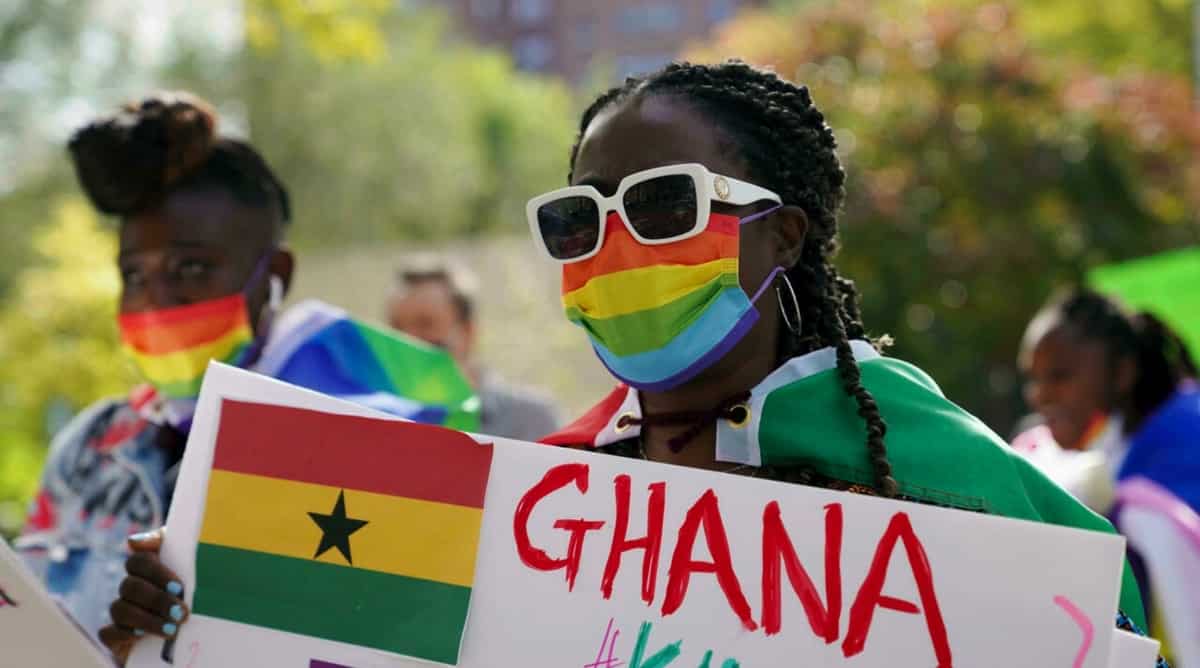Ghana is exploring a labour mobility partnership with Germany that could pave the way for thousands of young people to gain employment opportunities abroad, as both countries continue discussions on a bilateral agreement.
Foreign Affairs Minister Samuel Okudzeto Ablakwa, who announced the development, said the proposed deal aims to ensure that Ghanaian youth secure “safe, rewarding and dignified employment” under structured migration arrangements.
“We expect actual implementation soon,” Mr. Ablakwa stated in a Facebook post, reaffirming government’s commitment to “meaningful and impactful diplomacy” that addresses pressing social challenges like youth unemployment.
The minister shared these updates after engaging key German officials on the margins of the UN Peacekeeping Ministerial Conference in Berlin. Among those he met were German Foreign Minister Johann Wadephul, Mr. Joachim Stamp—the Special Representative of the German Federal Government for Migration Agreements—and senior figures from Germany’s Interior Ministry.
The potential agreement with Germany adds to Ghana’s growing interest in regulated labour export as a tool to combat rising unemployment levels. Employment and Labour Relations Minister Dr. Rashid Pelpuo previously revealed that efforts are underway to establish a strategic framework between his ministry and the Foreign Affairs Ministry for international job placements.
“Beyond the domestic set, what we can do to tackle unemployment is to look at how we can export Ghanaian labour to places that require our labour force,” Dr. Pelpuo said in an interview with Joy FM in April.
He added, “What I am working on is to get the foreign minister to sign bilateral relations with all the countries needing Ghanaian labour, and I will sign agreements with companies that want to export the labour.”
Fitch, a global ratings agency, has projected Ghana’s unemployment rate to average 4.0% in 2025, highlighting the urgency of government-led initiatives to open up job avenues both locally and abroad.
Ghana’s engagement with Germany mirrors Kenya’s successful deal with the European nation. In that arrangement, both sides formed a joint technical team and developed a detailed roadmap for a labour mobility agreement. Following negotiations throughout 2023 and early 2024, the agreement was signed in September, incorporating protections for Kenyan migrant workers, including skills development and social security guarantees.
In a related development, Mr. Ablakwa also disclosed that job opportunities in the United Arab Emirates (UAE) may soon become available to Ghanaians, contingent on the completion of a Comprehensive Economic Partnership Agreement (CEPA) between the two nations. Talks are ongoing for labour export, and technical support is being considered for Ghana’s aviation sector.
During a recent two-day visit to the UAE, Mr. Ablakwa announced that several Emirati companies are preparing to invest in Ghana across industries such as renewable energy, artificial intelligence, education, health, defense, and aviation—pointing to a wider diplomatic strategy that leverages global partnerships for domestic job creation.








